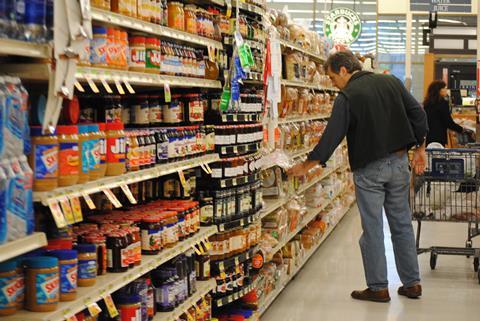A contamination event for French baby milk maker Lactalis highlights supply chain, product recall and reputational risks

Supply chain, product recall and brand reputation – all risks towards the top of the agenda.
The ongoing crisis for dairy products manufacturer Lactalis highlights the scale of such risks, as well as the need for risk management involvement in drawing up crisis response plans for such events, according to Francois Beaume, a board member at AMRAE, the French industry body for risk managers and commercial insurance buyers.
In December, Salmonella bacteria was found at a Lactalis factory for making baby milk. At least 35 babies have fallen ill in France alone. Prosecutors in Paris are investigating the company, and parents of affected children have filed lawsuits.
Beaume told StrategicRISK: “The crisis faced by Lactalis is complicated by not being able to quickly prove that the company complied with the correct way of producing its baby milk products, that tanks were correctly maintained and stored, and that everything that should have been done was done.
“That has to be proven to authorities and in front of the public,” said AMRAE’s Beaume, who is also director of risk and insurance at a laboratory inspections organisation in France.
The company ordered its first product recall on 11 December, but it later emerged that some of the recalled products had still reached supermarket shelves. Two more recalls have since taken place, with more than 12m boxes of powdered baby milk recalled in 83 countries.
Renovation work at the factory in Craon in north-west France is believed to have caused the contamination. Work at the factory has since been suspended. The recall affects all products made at the factory, regardless of when they were produced.
Risk mapping and a more effective crisis response plan might have averted some of the damage to reputation, “by being organised to allow decision-making process to be efficient”, Beaume suggested. Other interconnected risks include geopolitical instability, for example related to changes in sanctions against countries, or political unrest leading to the need to keep staff safe while quickly exiting a country.
“A crisis response plan can reduce risk and preserve reputation. Inside the response plan you will have actions that will enable you to mobilise legal, compliance, specific operations personnel, to share information with the public, to manage the noise around the event, and understand the consequences around crisis you need to face,” said Beaume.




















No comments yet